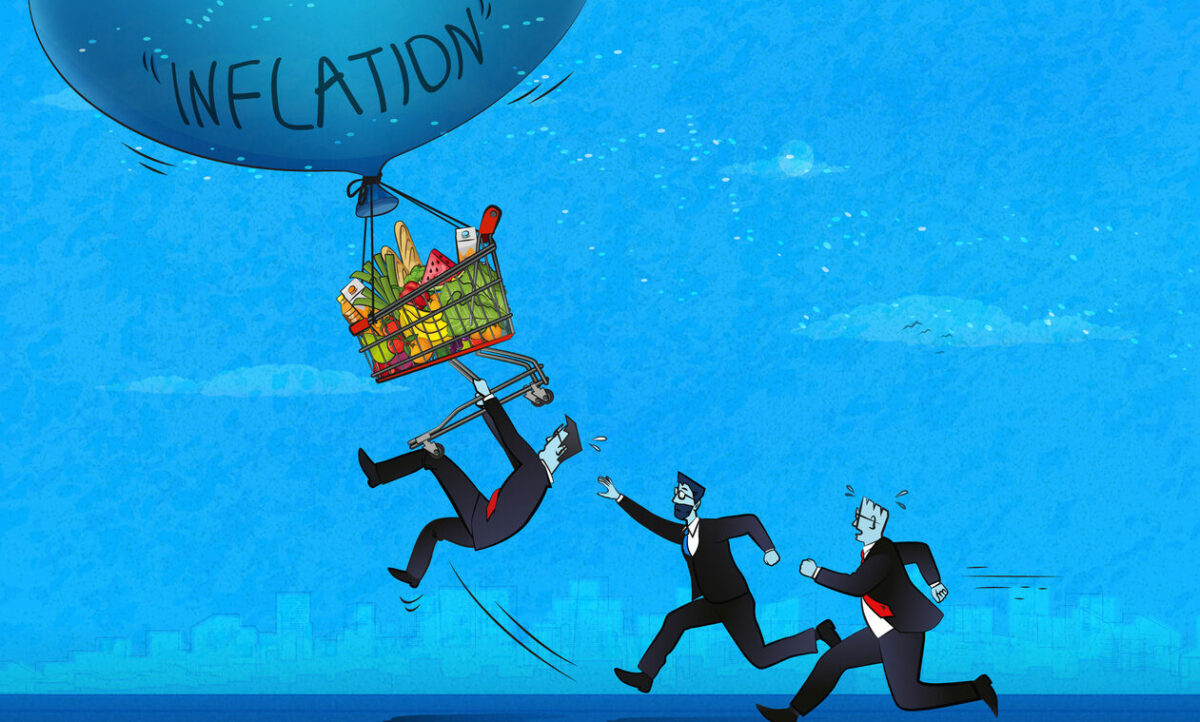Soaring food prices push UK inflation back into double digits

In September UK inflation rose to double digits for the second time in 2022 and food prices have hit a 42-year high, according to the Office for National Statistics (ONS).
In the 12 months to September 2022, the consumer prices index (CPI) rose to 10.1% – equalling the 40-year high first seen back in July, and slightly surpassing the figure of 10% predicted by economists.
Increasing food prices were the biggest driver of inflation. Food and non-alcoholic beverages cost 14.6% more in September, and this figure continues a 14-month trend of rising inflation in the category. The ONS estimates the current rate of food inflation has not been seen since April 1980.
Prices for bread and cereals, meat, milk, cheese and eggs were the biggest contributors to inflation in September.
This is in line with trends seen elsewhere in the world. Earlier this week, the German Federal Statistical Office revealed food prices in the country had risen by nearly 20% in the year to September. The figure was similarly driven by costs for products like bread, meat and dairy.
The cost of living crisis has already provoked Britons to adopt “drastic” shopping habits, according to a survey published last month.
The UK Food & Beverage Report 2022 revealed one in five were buying fewer fresh fruits and vegetables, and a third were buying less food altogether. Access to healthy food for low-income households has been a concern for experts since the onset of the crisis.
However, many are now worried that circumstances could be about to get worse, if actions thought to be planned by new PM Liz Truss and her senior leadership go ahead. It is customary for the Government to use September inflation figures as the basis for uprating pensions and benefits the following April.
Despite this, there have been suggestions that recently-appointed Chancellor Jeremy Hunt will break the Tory party manifesto commitment to the ‘triple lock’ – the guarantee that state pensions rise each year in line with inflation, average wage growth, or 2.5%, whichever is highest.
Campaign groups have warned that not raising benefits and pensions in line with inflation would plunge more people into poverty.
Rebecca McDonald, Chief Economist at the poverty-focused Joseph Rowntree Foundation, told The Guardian: “It is morally indefensible that the government should still be considering leaving people with even less ability to pay for what they need.”
Understand what rising prices means for the food industry, and how that relates to consumers, in this episode of the Food Matters Live Podcast:








